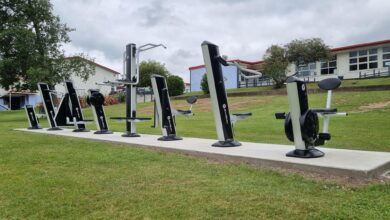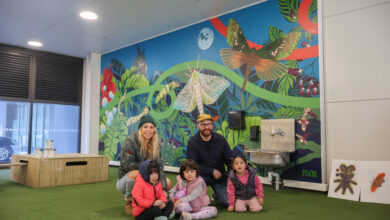The recolonisation of Aotearoa New Zealand’s curriculum
Te Akatea Inc., the National Māori Principals’ Association has released a discussion paper reflecting on the history of our curriculum.

The New Zealand curriculum is currently undergoing a period of ‘recolonisation’, a sharp turn from the meaningful progress toward biculturalism of the previous decades, say Dr Therese Ford and Bruce Jepsen of Te Akatea, the National Māori Principals’ Association.
Dr Ford and Jepsen make the above argument in their newest discussion paper, titled The recolonisation of Aotearoa New Zealand’s curriculum. The paper traces the history of New Zealand’s education system and curriculum, from its beginnings as a tool for assimilation and integration, through to the multicultural and then bicultural eras of the 2000s and 2010s. The paper draws on Dr Ford and Jepsen’s personal experiences as Māori educators, entering the sector from the late 1970s and early 1980s. Both Dr Ford and Jepsen worked on the original refresh of the New Zealand curriculum from 2021.
Read the latest print edition of School News online HERE.
In the paper, Dr Ford and Jepsen draw on prominent New Zealand scholars such as the late Dame Evelyn Stokes and Moana Jackson to define colonisation and decolonisation. They define the latter as “simultaneously dismantling colonial systems and restoring Māori ways of knowing, being and relating.” The process of decolonisation is equivalent to an “ethic of restoration”, argue Dr Ford and Jepsen, which means when practiced, the process of decolonisation has the potential to “make right even the most egregious wrong [and] build new non-colonising relationships.”
Dr Ford and Jepsen go on to argue that the process of developing the original Te Mātaiaho from 2021 to 2023, and the final draft produced from that work, demonstrated the above ethic of restoration. In contrast, work on the new refresh has been culturally appropriative, and explicitly devalues te ao Māori and Māori voices.
The paper concludes with a guiding framework for “leaders committed to resisting this recolonisation and advancing Te Tiriti o Waitangi in education”, with six actions and guidelines. They include upholding Te Tiriti as a foundational document in curriculum development and resisting tokenism, among others.
Related School News article: National English teacher association withdraws from curriculum rewrite
The discussion paper was commissioned by PPTA Te Wehengarua, and Dr Ford and Jepsen will present the paper as a keynote address at the PPTA national conference in September.
PPTA Te Wehengarua president Chris Abercrombie says the union requested the development of the paper from Te Akatea in response to member concerns about the recent direction of education policy. In recognition of the work undertaken by Te Akatea on the development of Te Mātaiaho, the union invited the industry body to speak at the annual conference and contribute a paper on the topic.
“Members have expressed alarm at the apparent sidelining of te reo Māori, mātauranga Māori and tikanga Māori, as well as the disappearance of Te Mātaiaho,” said Abercrombie.
“A key concern for PPTA Te Wehengarua is the lack of transparency surrounding the curriculum writing process. Writers are required to sign non-disclosure agreements, and there is limited clarity about what is happening—particularly given the significant shift in focus following the change in government. Curriculum development should be a transparent process, open to the profession responsible for delivering it.
“We hope this paper encourages reflection, discussion, and critical questioning of the ongoing curriculum process, and whether it truly reflects the diverse voices and aspirations of Aotearoa New Zealand.”
The full discussion paper can be found here.
Related School News articles: English curriculum draft out for consultation.









